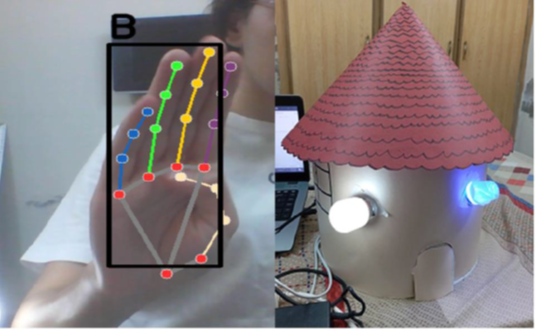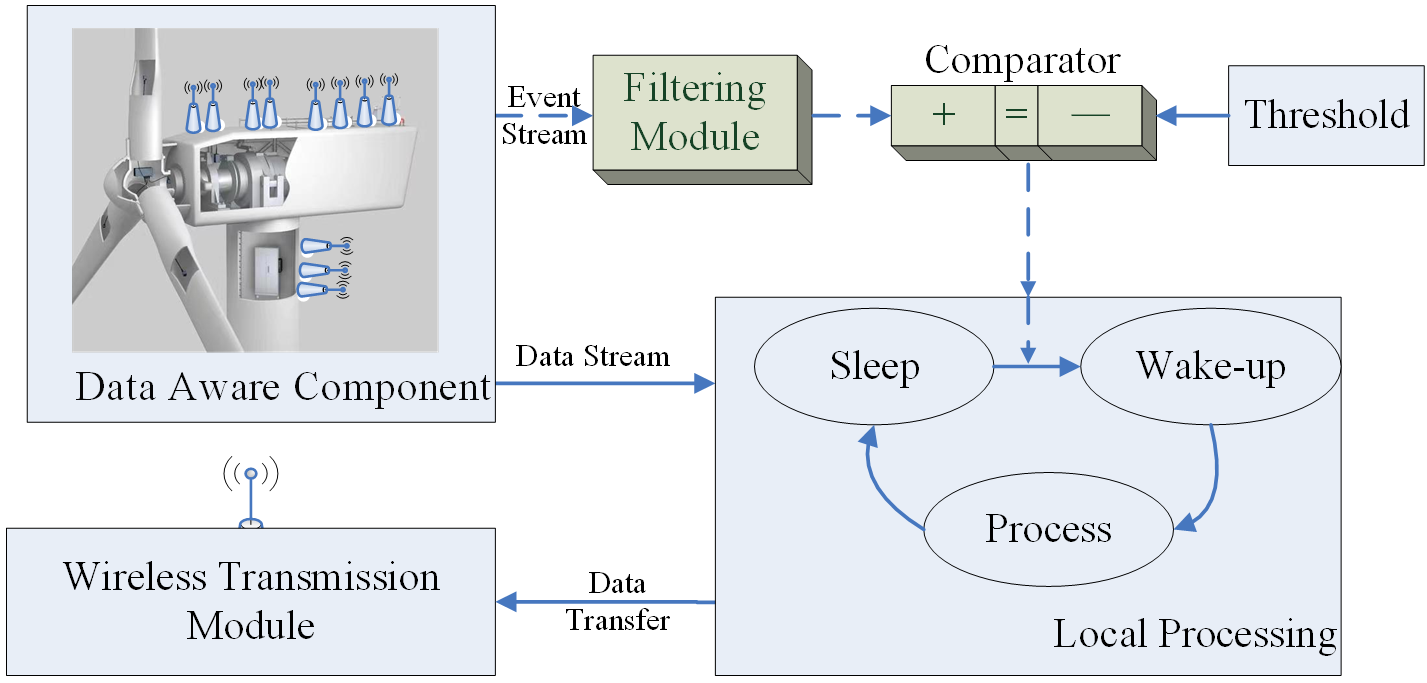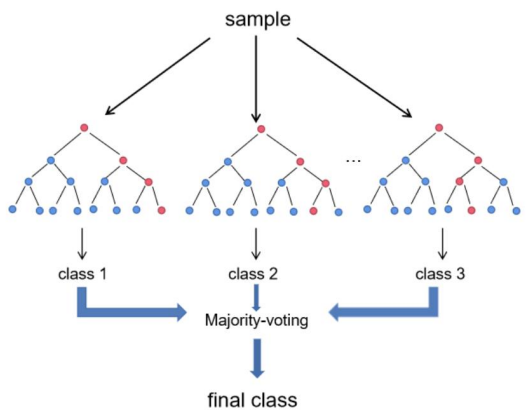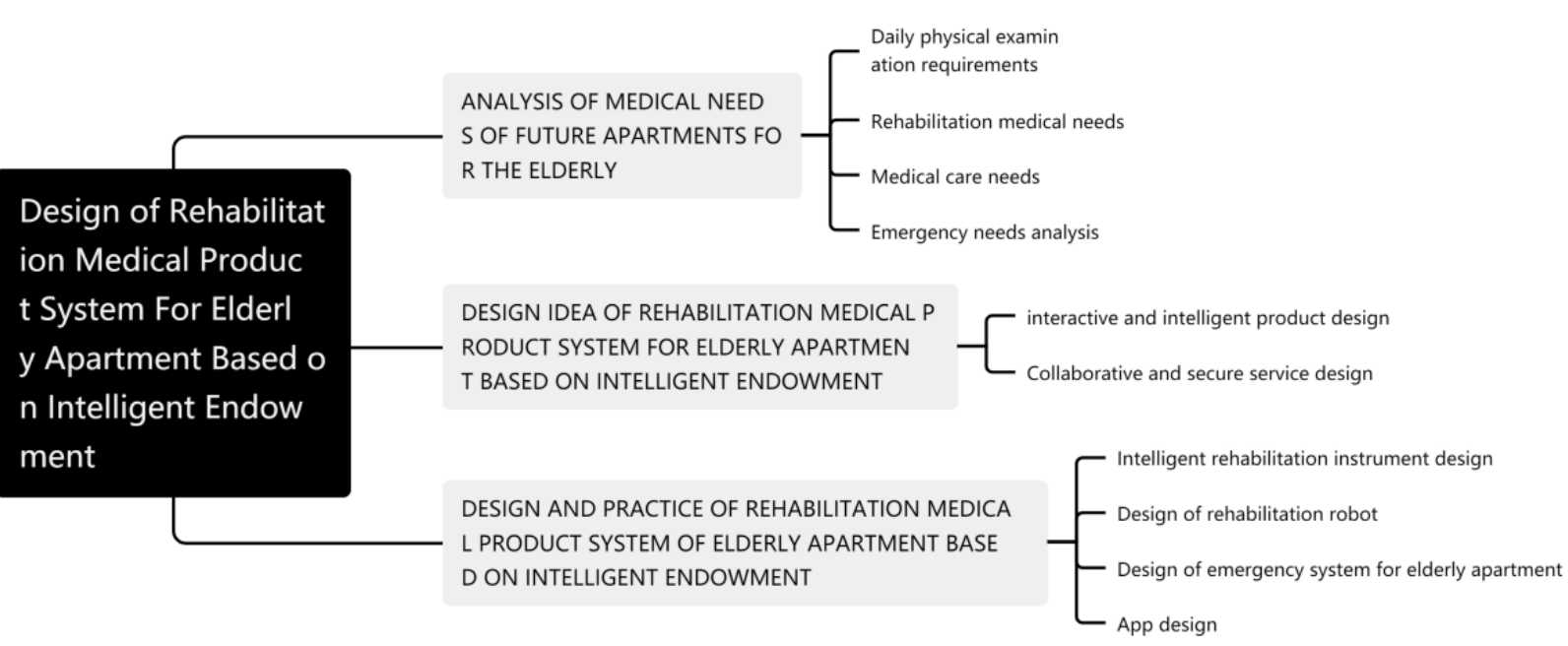IECE Transactions on Internet of Things | Volume 2, Issue 4: 74-82, 2024 | DOI: 10.62762/TIOT.2024.723193
Abstract
This paper reviews advancements in assistive technology for deaf and hard of hearing individuals, highlighting the Internet of Things' (IoTs) pivotal role in enhancing their daily lives. Despite progress in sign language technologies, communication barriers persist. To address these gaps, we developed a video-based American Sign Language (ASL) identification system. Our approach utilizes MediaPipe for hand tracking, OpenCV for image normalization, and Gesture Control Convolutional Neural Network (CNN) for gesture localization. Implemented in Python, the system records video streams, filters hand regions, and recognizes ASL letter gestures with high accuracy. Leveraging computer vision and ma... More >
Graphical Abstract






